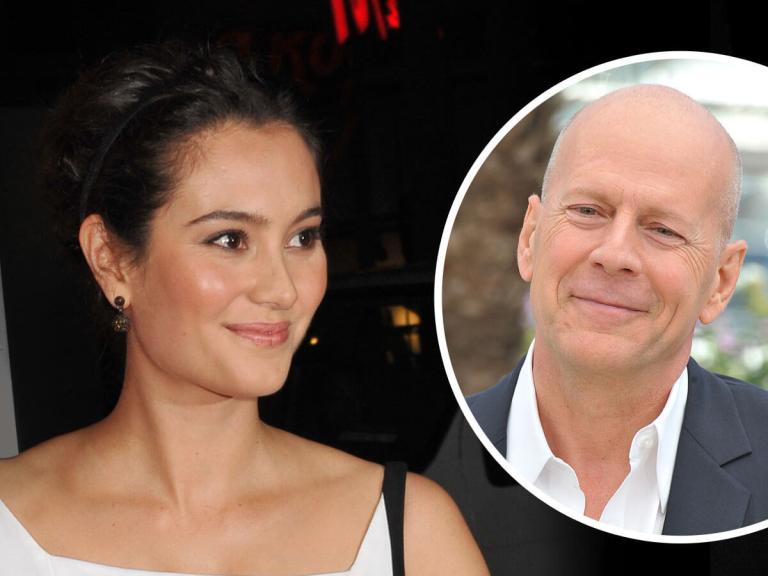
Emma Heming Willis recently took to her Instagram account to set the record straight after she was receiving criticism for how she was handling her husband’s battle with dementia. The former model who has been married to Bruce Willis since 2009, has been advocating and caring for her husband while he continues to battle with frontotemporal dementia, who was diagnosed earlier this year. She has been documenting the journey on social media and has been applauded for her efforts, but there have been a few haters painting her in a bad light. She opened up in the video about her journey and clapped back at the haters. She captioned the post, “I grow from hearing about other people’s experiences vs others opinions. Experience vs opinion are two different things. I’m lucky enough to have read some of your messages but I wonder if you could write and share some hope and encouragement below so other care partners can feel that love too.” She began the video saying, “So I just wanted to come on and acknowledge the incredible amount of messages I’ve received in the past couple days of encouragement and other care partners sharing their learnings with me from past experience.” She continued, “There has been some snarkiness embedded in there too, but those are people with an opinion vs. the experience, and those two things are very different. I hope, I pray that the people who have this opinion never understand what this experience looks like or feels like.”
View this post on Instagram
Heming Willis admitted that she usually tries not to focus on the negative comments, but sometimes she needs to address them. Many believe that the negative comments came after she posted a video earlier in the week, saying she was “not good.” She revealed that her negative thoughts can be very “gloom and doom.” She shared that she sometimes takes time away to do things for herself, knowing that would be what her family would want, but “I don’t want it to be misconstrued that like, ‘I’m good.’ Cause I’m not. I’m not good.” Heming Willis ended the video by remaining positive, saying “I’m going to continue keeping my head down and focus on this path that I’m on, which is to raise awareness around FTD, to talk about the importance of brain health because prevention is our only glimmer of hope for a cure right now, and how to best support our caregivers who don’t get respite and who don’t get to go on a hike, because that is not lost on me. But I do really believe that it’s through action, education and this kind of conversation that creates hope and change, so I hope you will join me and use your voice too because we are much more powerful together.”
